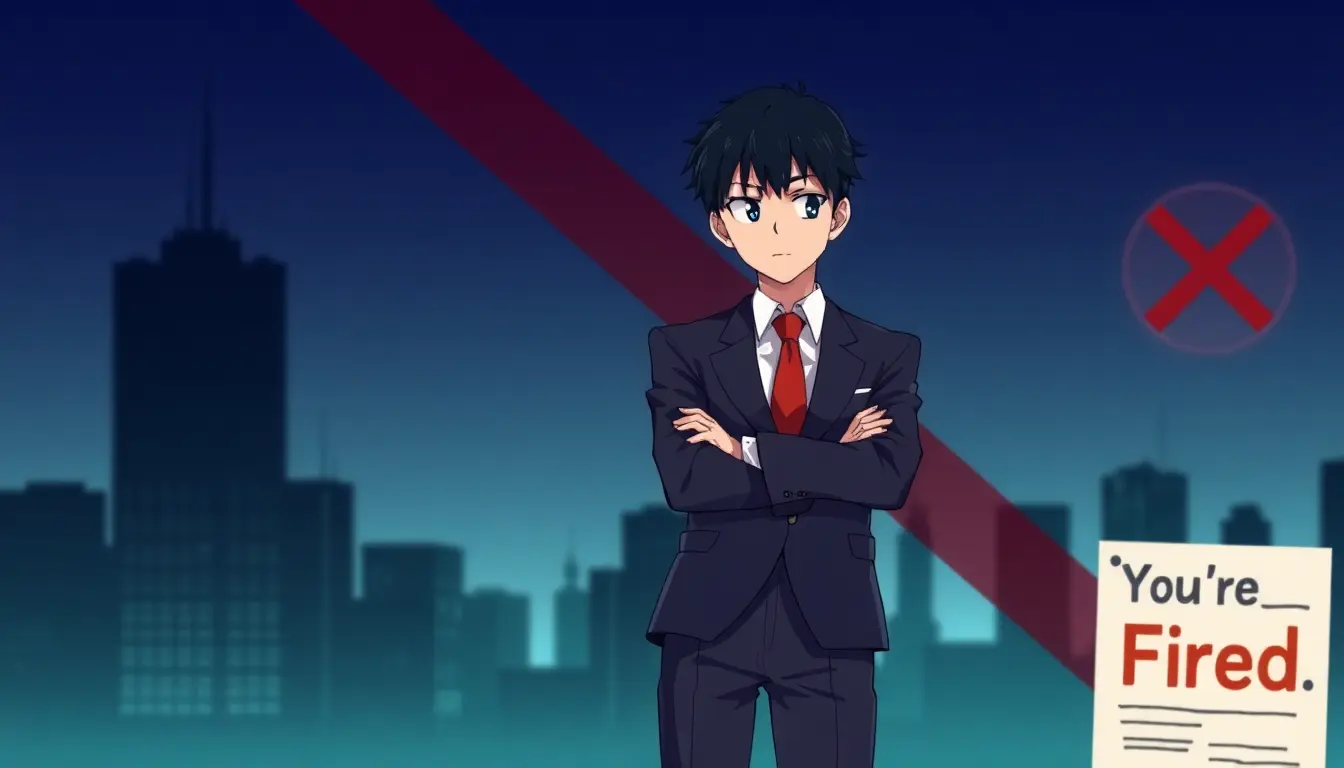The Art of Negotiation: Why It’s Not Just About Winning
Negotiation is an essential skill in both personal and professional settings. It’s a delicate dance of give-and-take, where both parties aim to reach a mutually beneficial agreement. However, not all negotiations end in success. In fact, some of the most high-stakes negotiations in history have ended in catastrophic failure. In this article, we’ll explore some of the most notable failed negotiation examples, and what we can learn from them.
Failed negotiation examples can be found in various aspects of life, from business and politics to sports and entertainment. These failures often result from a combination of factors, including poor communication, unrealistic expectations, and a lack of flexibility. By examining these examples, we can gain valuable insights into what went wrong and how to improve our own negotiation skills.
The NFL Lockout: A Lesson in Inflexibility
One of the most notable failed negotiation examples in recent history is the 2011 NFL lockout. The dispute between the National Football League (NFL) and its players’ union lasted for 130 days, resulting in a significant loss of revenue for both parties. The main point of contention was the revenue sharing model, with the NFL owners demanding a larger share of the profits.
The negotiations were marked by a lack of flexibility from both sides, with each party refusing to budge on their demands. The owners were unwilling to compromise on their revenue sharing model, while the players were adamant that they would not accept a deal that reduced their share of the profits. This inflexibility led to a stalemate, resulting in the cancellation of several preseason games and a delayed start to the regular season.
The Brexit Negotiations: A Case of Unrealistic Expectations
The Brexit negotiations between the United Kingdom and the European Union provide another example of failed negotiation. The UK’s decision to leave the EU was met with a mixture of surprise and confusion, leading to a complex and contentious negotiation process.
The UK government’s initial approach was marked by unrealistic expectations, with Prime Minister Theresa May demanding a bespoke trade deal that would allow the UK to maintain access to the EU’s single market while also controlling immigration. However, the EU was unwilling to compromise on its core principles, leading to a stalemate in the negotiations.
The Lehman Brothers Collapse: A Failure of Communication
The collapse of Lehman Brothers in 2008 was a major catalyst for the global financial crisis. The bank’s failure was largely due to a failure of communication between its management and the US government.
In the months leading up to the collapse, Lehman Brothers’ management was in negotiations with the US Treasury Department to secure a bailout package. However, the negotiations were marked by a lack of transparency and communication, with both parties failing to understand each other’s positions.
The US-Iran Nuclear Deal: A Lesson in Building Trust
The US-Iran nuclear deal, also known as the Joint Comprehensive Plan of Action (JCPOA), is an example of a successful negotiation that almost failed. The deal was reached in 2015 after years of negotiations between Iran and a group of world powers, including the US, UK, France, China, and Russia.
The negotiations were marked by a lack of trust between the parties, with each side having different goals and expectations. However, the negotiators were able to build trust through a series of incremental agreements and concessions. This trust-building process was instrumental in reaching a final agreement.
The 2007-2008 Writer’s Guild Strike: A Lesson in Creativity
The 2007-2008 Writer’s Guild of America (WGA) strike is another example of a failed negotiation. The strike, which lasted for 100 days, was called by the WGA in response to the Alliance of Motion Picture and Television Producers’ (AMPTP) refusal to negotiate a new contract.
The negotiations were marked by a lack of creativity, with both sides refusing to budge on their demands. The WGA was seeking increased residuals for writers in the face of new media platforms, while the AMPTP was unwilling to compromise on its offer. The strike resulted in a significant loss of revenue for the entertainment industry, with many TV shows and films being delayed or cancelled.
FAQ
What are some common causes of failed negotiations?
Some common causes of failed negotiations include poor communication, unrealistic expectations, and a lack of flexibility.
How can you build trust in a negotiation?
Building trust in a negotiation involves being transparent, reliable, and consistent in your communication. It also involves being willing to make concessions and finding creative solutions that benefit both parties.
What is the importance of active listening in negotiation?
Active listening is essential in negotiation, as it allows you to understand the other party’s needs, concerns, and expectations. This understanding can help you find creative solutions that benefit both parties and increase the chances of a successful negotiation.
Conclusion
Failed negotiation examples can provide valuable lessons for anyone looking to improve their negotiation skills. By examining these examples, we can learn from the mistakes of others and develop strategies for success. Remember to stay flexible, communicate effectively, and be willing to make concessions. With practice and patience, you can become a skilled negotiator and achieve your goals.







Leave a Reply